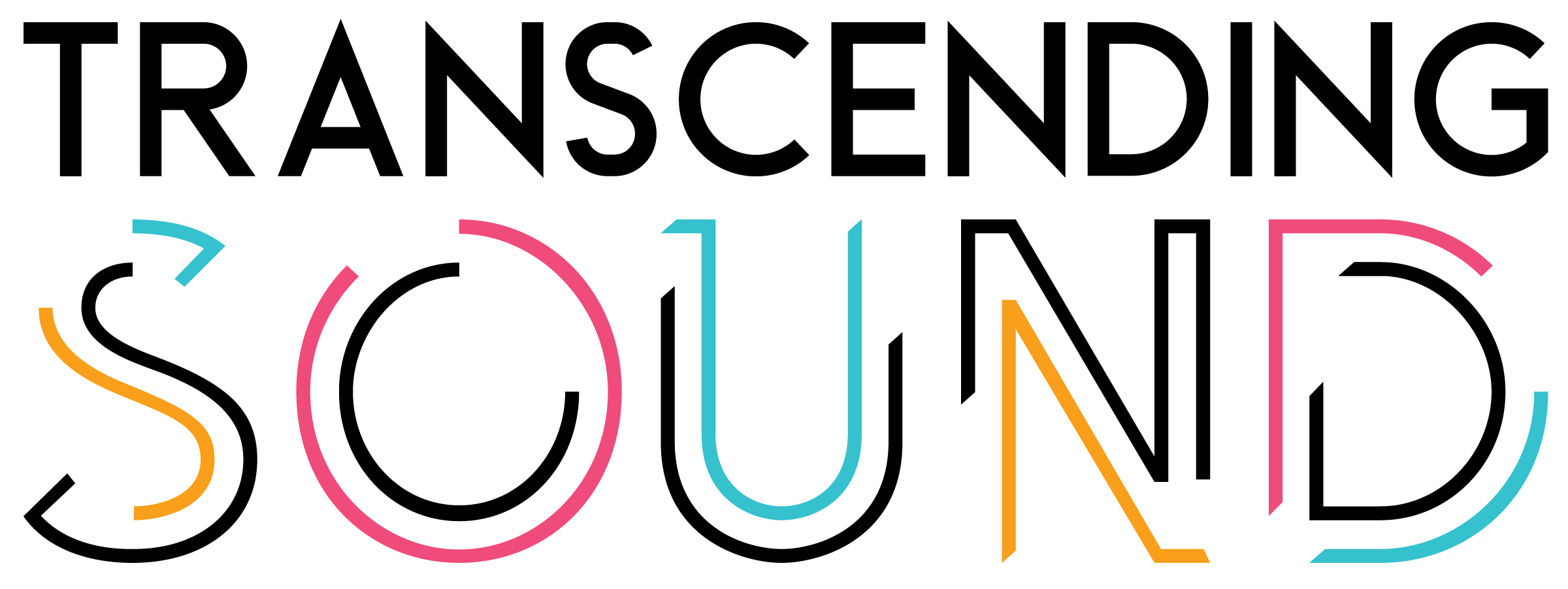D.R.A.M. vs. Drake: Sampling & Copyright Infringement In Hip-Hop
"Hotline Bling" has blown up a lot recently because of the various covers done by Erykah Badu, Sam Smith and others, as well as the .gif and meme worthy music video that was released via Apple Music. That same day, D.R.A.M. made a few comments about the floating "Cha Cha" and "Hotline Bling" comparisons, which are included below.
[embed]https://twitter.com/ONLY1DRAM/status/656310126312206336[/embed]
[embed]https://twitter.com/ONLY1DRAM/status/656310283330162688[/embed]
[embed]https://twitter.com/ONLY1DRAM/status/656310363953037313[/embed]
[embed]https://twitter.com/ONLY1DRAM/status/656310815419576320[/embed]
[embed]https://twitter.com/ONLY1DRAM/status/656311192198082561[/embed]
The question that, of course, floated around after this was whether Drake actually "jacked" D.R.A.M.'s "Cha Cha" for "Hotline Bling." I wasn't sold on that accusation when I read these tweets. Once I started writing this piece and listened to both songs back to back (no pun intended), I heard some similarities. Then, I read that Hotline Bling was originally a "Cha Cha" remix. I could, at that point, see why D.R.A.M. said that Drake "jacked" his song. But then, I remembered reading that there were different samples used for each song, so I went on WhoSampled and heard them both, which leads me to this:
"Cha Cha" and "Hotline Bling" sound very similar, but they're not the same because they use two completely different samples.
[Check out the sample D.R.A.M. used here and the sample Drake used here.]
This debate encouraged me to get into my nerdy, future attorney, researcher mode and look up the laws that determine infringement cases in copyright law (which is a good thing since this is something I'm interested in practicing in the future!). According to Title 17, Section 106 of the United States Code, the exclusive rights of a copyrighted work include -- but aren't limited to -- reproduction, preparing a "derivative work" (which is essentially what sampling leads to), and distribution. This means that the original artist has control over the sampled portion however it's used, especially if it's being commercially sold as a whole new work. We then go deeper into audio works in Section 114(b) where the laws of sound recordings in copyright are explained. The "derivative work" portion of a copyright, which is mentioned in §106(2), is protected if the work is "rearranged, remixed, or otherwise altered in sequence or quality." However, it isn't protected if the derivative work sounds like the copyrighted work but doesn't actually sample the work. I know, it's a lot of legalese (and it's only the surface), but it's important in the conclusion that I have made.
We can go for an eternity on how copyrighted samples can be manipulated by changing keys, tempo, or even recreating the sample (via an instrument, an orchestra, a choir, etc), but we're not going to get into that. This is all to say that even if D.R.A.M.'s "Cha Cha" was sampled by Drake in "Hotline Bling" (which it isn't), the essential portion of "Cha Cha" that people find similarities in with "Hotline Bling" isn't even D.R.A.M.'s work. The individuals or entity that own the sample would be the ones that should have an issue and rightfully sue over it, if it was used by Drake without their permission. We should also note that the original version of "Cha Cha" had another sample but is no longer used on the song, which may be because it was used without the permission of the original copyright owner. D.R.A.M.'s comments of stealing are even more interesting to me because of this issue.
Copyright law can be extremely hard for rap artists to get around because sampling is an important part of the hip-hop culture. However, it's important for artists and producers to give proper attribution and pay to the original copyright holder, especially if the new work is being sold and reused by others. I'm sure artists and producers alike may be upset by that statement, but I'm sure that that same artist or producer would be very upset if their work was used without attribution and they weren't paid for it.
Artists have to accept, especially now in the digital era, that sampling without credit can be a dangerous thing to do...legally.

